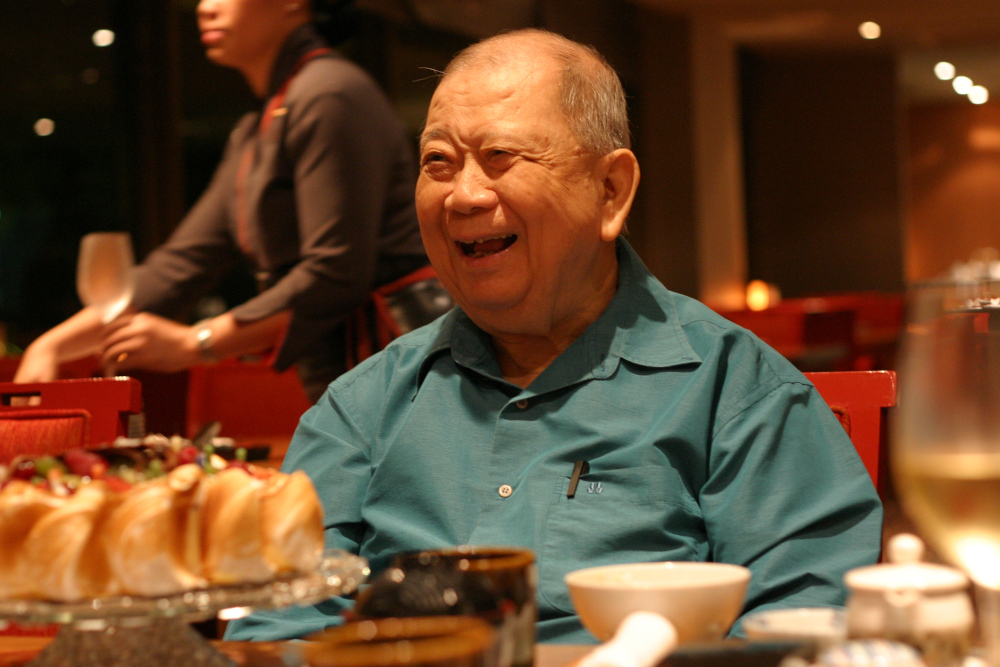KUALA LUMPUR, Nov 28 — Malaysians kicking up a fuss about the return of a dead and cremated Chin Peng should read properly the tripartite treaty signed by Malaysia and Thailand with the now defunct Communist Party of Malaya (CMP), Tan Sri Abdul Rahim Noor said.
The retired inspector-general told news portal Malaysiakini that those complaining about the ex-CPM secretary-general’s return in the form of ashes were either ignorant of the treaty, intentionally refusing to acknowledge that communism no longer has a place in the country, or are simply racist.
“The peace agreement itself showed that the country wanted to let bygones be bygones and move forward after peace was achieved. And since the treaty was signed, there was no sign of any attempt by the communist members to revive their struggle or set up a new communist party,” he was quoted saying.
Abdul Rahim was Special Branch head and had been directly involved with the Hat Yai Peace Accord that saw the CPM guerillas lay down their arms 30 years ago.
He added the treaty permitted all CPM leaders to return to Malaysia, including Chin Peng, provided they did not revive their struggle.
“So if Chin Peng was allowed to come back, what is it with all these noises saying that his ashes should not be allowed here? All Malaysians should look at this issue based on the existence of the Hat Yai Peace Accord signed with CPM in 1989.”
Chin Peng, born in Sitiawan, Perak as Ong Boon Hua, died in Bangkok on September 16, 2013 after spending years in exile abroad.
His ashes were brought back into the country to be laid to rest only last September, in accordance to his last wishes, according to a group that handled the rituals and made the announcement this week.
Separately, Sinar Harian reported the Federal Territory Former Police Association information and liaison chief Datuk Seri Baharudin Abu as saying the welfare of the security personnel who fought against the communists should be a bigger priority, compared to bringing back Chin Peng's ashes.
He said many of his colleagues suffered from losing their limbs due to the communist attack, and wondered why their well-being was not being held as a concern.
“Though there may be some who do not care about it (bringing the ashes back) but for us former police who defended the nation from the communists, I find it most unreasonable.
“It may just be ashes, but bringing them back seemingly trivialises the struggles of those who willingly left their families so as to defend and sacrifice for the nation's peace,” Baharudin told the Malay daily.



















